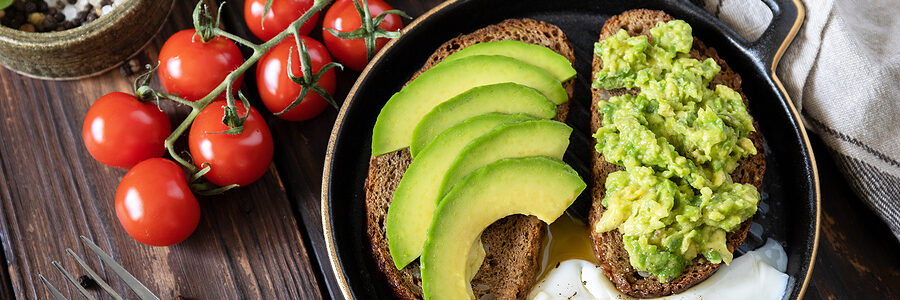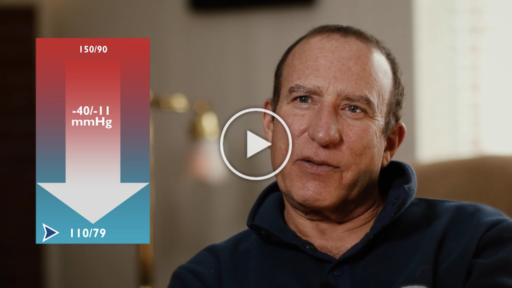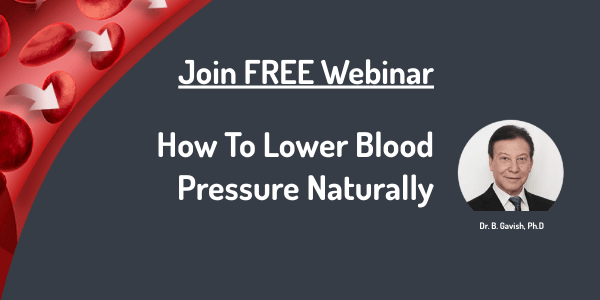The fifth leading cause of death in men is a stroke, and one of the most common causes of stroke is high blood pressure, which puts unnecessary stress on blood vessel walls. A diet that is low in salt and rich in vegetables, fruits, and low-fat dairy products may help lower blood pressure.
Recent studies have also shown that increasing potassium intake may help lower blood pressure. Potassium is a mineral that helps normalize blood pressure and most Americans are falling short of their daily potassium needs according to the latest report released by the 2015-2020 Dietary Guidelines Advisory Committee.
Rich potassium and vitamin content make avocados a superfruit for hypertensives.
Avocados not only protect vision, reduce heart attack risk, potentially ward off cancer, and lower cholesterol, but new research says that avocado’s potassium and lutein content can promote normal blood pressure and help to control oxidative/inflammatory stress.
Study Results
The study, published in Nutrition Journal, indicates that adequate potassium intake may promote blood pressure control in adults. The mean intake of potassium by adults in the U.S. was approximate of 3200mg a day in men and 2400mg a day in women, which is lower than the 4700mg daily recommended intake.
Avocados contain about 152mg and 345mg of potassium per 30g and one-half fruit, respectively. Also, avocados are naturally very low in sodium with just 2mg and 5.5mg sodium per 30g and one-half fruit, respectively. Avocados are good for lowering blood pressure because they contain 350mg potassium and less than 140mg of sodium per serving.
The study, which was based on a National Health and Nutrition Examination Survey (NHANES), found that avocado eaters had a lower average weight (7.5 pounds less), smaller waistline (1.6 inches less), and lower BMI than non-consumers.
Eating avocados with salads or salsa greatly increase the bioavailability of carotenoids – another health-promoting property of the fruit. Moreover, avocados are one of the few foods that contain significant levels of both vitamins C and E – antioxidant vitamins that have been linked to blood pressure control in previous studies.
More comprehensive avocado clinical research is underway to significantly expand the scientific understanding of avocados in cardiovascular health, weight management, blood glucose control and healthy living.
Nutritional Benefits
Avocado consumption can also fit into a wide range of healthy eating plans (such as the DASH diet) because it is rich in nutrients and phytochemicals, yet medium to low in caloric content. Unlike typical fruits, avocados contain a very low sugar content of only 0.2g sugar per one-half fruit, which, according to the NHANES data, is the average avocado consumption.
The oleic acid found in avocados can reduce high blood pressure and cholesterol levels. Avocados also are rich in vitamins A, K, B & E and are loaded with fiber. Increasing your intake of avocados is not difficult and is especially good if you use it to replace less healthy sources of fat.
Watch How Mark Lowered His Blood Pressure Naturally. It was 150/100, this morning it was 110/79 Watch Video
For example, replace the butter or cream cheese on your bagel/bread with mashed avocado. You can also opt for avocado slices on a sandwich in place of mayonnaise. You can also add avocados to salads or use as a dip for raw vegetables.
A word of warning:
Just because avocados are nutrient dense and good for your health, they are high in calories! They make a great addition to your diet. In moderation. A serving of avocado is 2 tablespoons (or about 1/6 an avocado). One serving provides 55 calories. So, enjoy, look for ways to add more to your regular diet, BUT don’t go overboard.







 Download Brochure
Download Brochure